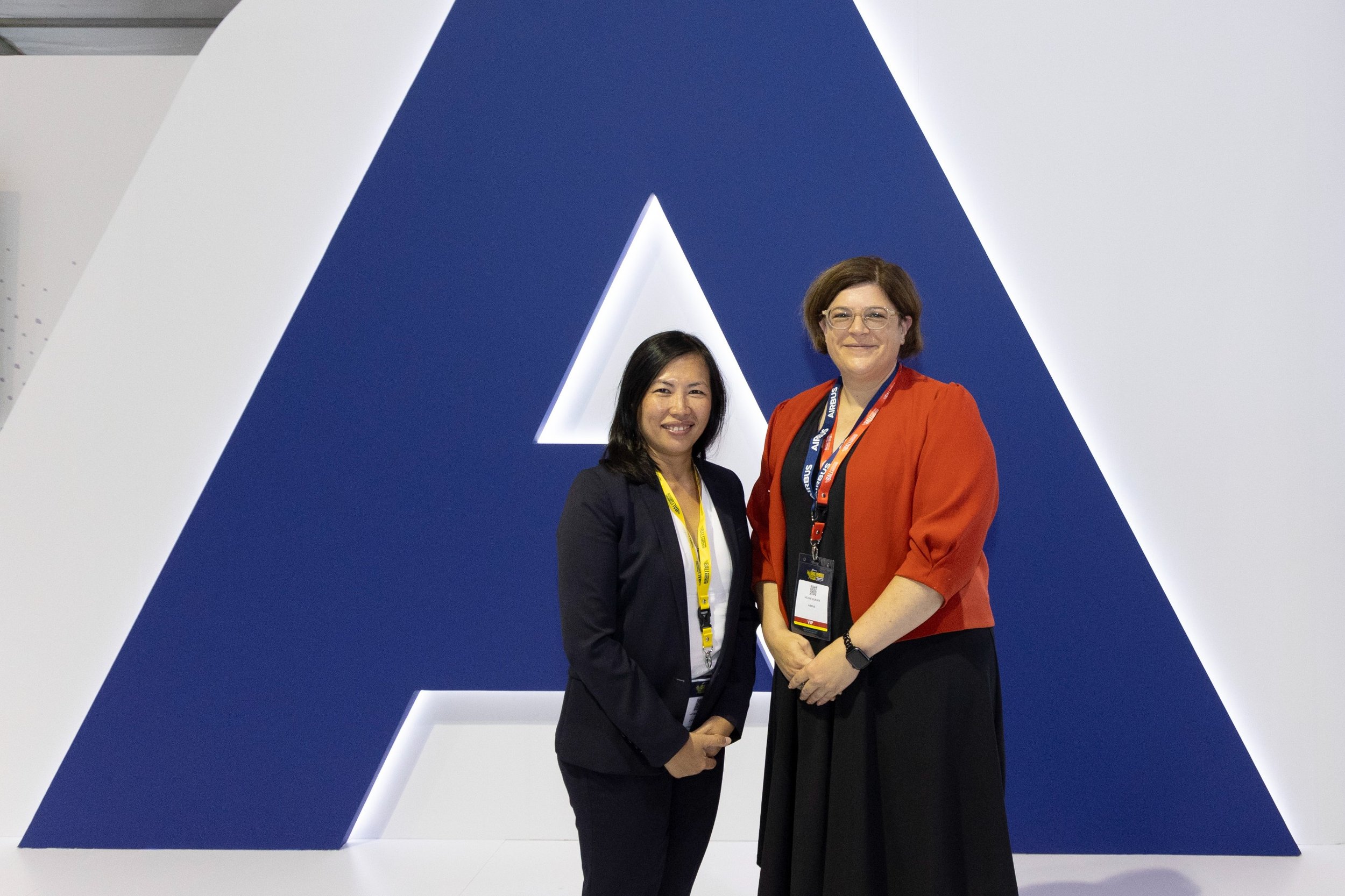AirAsia, Airbus Drive Aviation Sustainability in ASEAN

Highlights
AirAsia and Airbus are moving into a new phase of collaboration to drive sustainability in Southeast Asia.
The partnership will explore decentralised SAF production using alternative feedstock and technology to support regional commercialisation.
AirAsia targets net zero by 2050 through fleet upgrades, more SAF and operational efficiency.
AirAsia has signed a new partnership with Airbus to drive sustainability in the ASEAN region.
The Memorandum of Understanding (MoU) will explore the decentralised production of Sustainable Aviation Fuel (SAF) using alternative feedstock and technology in Southeast Asia and identify projects that can support its commercialisation in the region.
The MoU also covers a joint study on advanced air traffic management (ATM) to reduce CO2 emissions. This will look into the applicability of solutions developed under the Single European Sky ATM Research (SESAR) Project for ASEAN. By leveraging AirAsia’s fuel efficiency programme and Airbus’ aeronautics and technology expertise, the partnership will implement measures to improve environmental performance in aviation.
AirAsia’s Chief Sustainability Officer, Yap Mun Ching said, “AirAsia will be a key partner of Airbus in ASEAN to test the feasibility of SAF output developed using alternative feedstock and technologies, as well as ground-breaking ATM initiatives supported by Airbus’ innovation teams. As a regional carrier based in five ASEAN countries, we bring unparalleled operational experience in the region to complement Airbus’ technological expertise. The partnership establishes a foundation upon which to build joint projects at multiple levels that address the broad needs of improving the environmental performance of the sector.”
Yap added, “The industry must invest and scale in-sector solutions to meet decarbonisation goals. Along with SAF adoption and operational efficiency, AirAsia will upgrade its fleet with the most fuel-efficient aircraft as part of its strategy to be net zero by 2050.”
As part of this, AirAsia received its first A321neo since the pandemic in June and expects 5 more by year-end for Malaysia and Thailand. From 2024, all new Airbus aircraft deliveries to AirAsia will have a fuel blend with 5% SAF, a step towards reducing the airline’s carbon footprint.
Airbus Chief Sustainability Officer, Julie Kitcher said, “Airbus is contributing to the decarbonisation of aviation around the world. That means working with our customers in every region, looking at all solutions available today and collaborating on research for future technologies. AirAsia is a key partner in the ASEAN region and we are excited to work with the airline to explore operational efficiency levers, including air traffic management and scaling up the production and distribution of SAF."
AirAsia has an order for 361 A321 to support its fleet growth and replacement needs. By 2035, these upgrades, operational efficiency and more SAF will reduce AirAsia’s CO2 emissions by up to 25% compared to 2019 levels, towards the airline group’s net zero by 2050 goal.
In 2023, AirAsia implemented over 20 operational efficiency measures across its narrowbody regional network and saved 1,30,000 tonnes of CO2 – equivalent to planting over 2 million trees. The measures also saved the airline around US$40 million in fuel and over US$3,88,000 in shadow carbon costs.
By focusing on sustainable practices and innovative partnerships, AirAsia is actively contributing to a greener future for aviation in Southeast Asia.
Follow KnowESG's Technology News for regular news and views.
Discover an extensive network of ESG providers here
Check out KnowESG's latest ESG Event updates
Source: AirAsia

